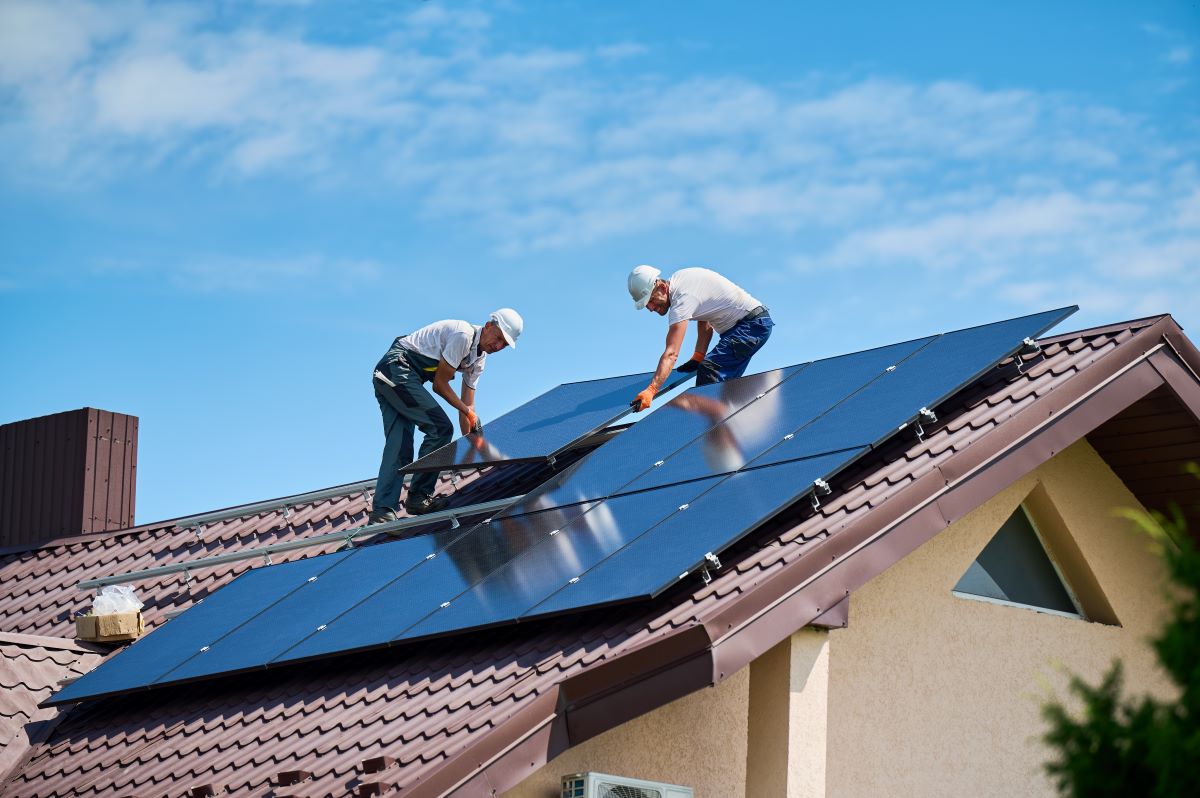Stay Safe During a Blackout: Community Preparedness Tips
Blackouts can occur unexpectedly and have various causes, from natural disasters to grid failures. Understanding the risks in your area is the first step in preparing effectively.
Emergency Supplies

Stock up on essential supplies like water, non-perishable food, flashlights, batteries, and a first aid kit.
The Federal Emergency Management Agency (FEMA) recommends having enough supplies to last at least three days.
Communication Plans

Establish a communication plan with your family. Ensure everyone knows how to contact each other and designate a meeting place if you get separated.
Backup Power

Invest in a generator or portable power station. These can keep essential devices running, such as medical equipment, phones, and lights.
Ensure you know how to use these safely to avoid risks like carbon monoxide poisoning.
Stay Informed

Keep a battery-powered or hand-crank radio to stay updated on news and emergency broadcasts.
Many areas have systems in place to broadcast important information during blackouts.
Home Safety

Install surge protectors to protect your electronics and appliances from damage when power is restored. Consider having backup lighting options like solar-powered lanterns.
Health Precautions

Keep your medications readily accessible and know how to maintain them without refrigeration if necessary. Have a plan for any medical equipment that requires electricity.
Food and Water Safety

Know how to keep your food and water safe during a blackout. Consume perishable items first and be aware of food safety guidelines to avoid foodborne illnesses.
Community Resources

Identify local resources and community centers that may offer assistance during a blackout. Knowing where to go for help can provide crucial support.
Vehicle Readiness

Keep your vehicle’s gas tank at least half full. Gas stations may not operate during blackouts, and you might need to evacuate or reach emergency services.
Security Measures

Ensure your home is secure. Blackouts can sometimes lead to increased crime, so having locks and alarms in place can enhance your safety.
Helping Neighbors

Check on neighbors, especially the elderly, disabled, or those with young children. Community cooperation can improve overall safety and well-being.
Educate Your Family

Regularly discuss and practice your blackout preparedness plan with your family. Ensure everyone knows their role and what to do during an actual event.
Renewable Energy Options

Consider investing in renewable energy sources like solar panels with battery storage. These can provide a reliable backup power source and reduce dependency on the grid.
Final Thoughts

Preparation is key to staying safe during a blackout. By taking proactive steps and being informed, you can ensure the safety and well-being of yourself and your community. In times of crisis, preparedness can make all the difference.
Toxic Talk: 21 Phrases to Never Say to Your Kids

Are you worried about the impact of your words on your child’s well-being? Let’s tackle 21 phrases that might be causing more harm than you realize. Toxic Talk: 21 Phrases to Never Say to Your Kids
Breaking Ties: Recognizing When It’s Time to Go No-Contact with Parents

Deciding to go no-contact with a parent is a profound, often painful choice, but sometimes it’s necessary for personal well-being. Are you grappling with the decision to distance yourself from a toxic parental relationship? Breaking Ties: Recognizing When It’s Time to Go No-Contact with Parents
Stop the Stereotypes: 20 Gender-Based Comments Kids Don’t Need

It’s time to challenge traditional narratives that limit kids’ potential. Here are gender-specific phrases and ideas to avoid, fostering a supportive and open-minded environment for the next generation. Stop the Stereotypes: 20 Gender-Based Comments Kids Don’t Need
Featured Image Credit: Shutterstock / anatoliy_gleb.
For transparency, this content was partly developed with AI assistance and carefully curated by an experienced editor to be informative and ensure accuracy.







